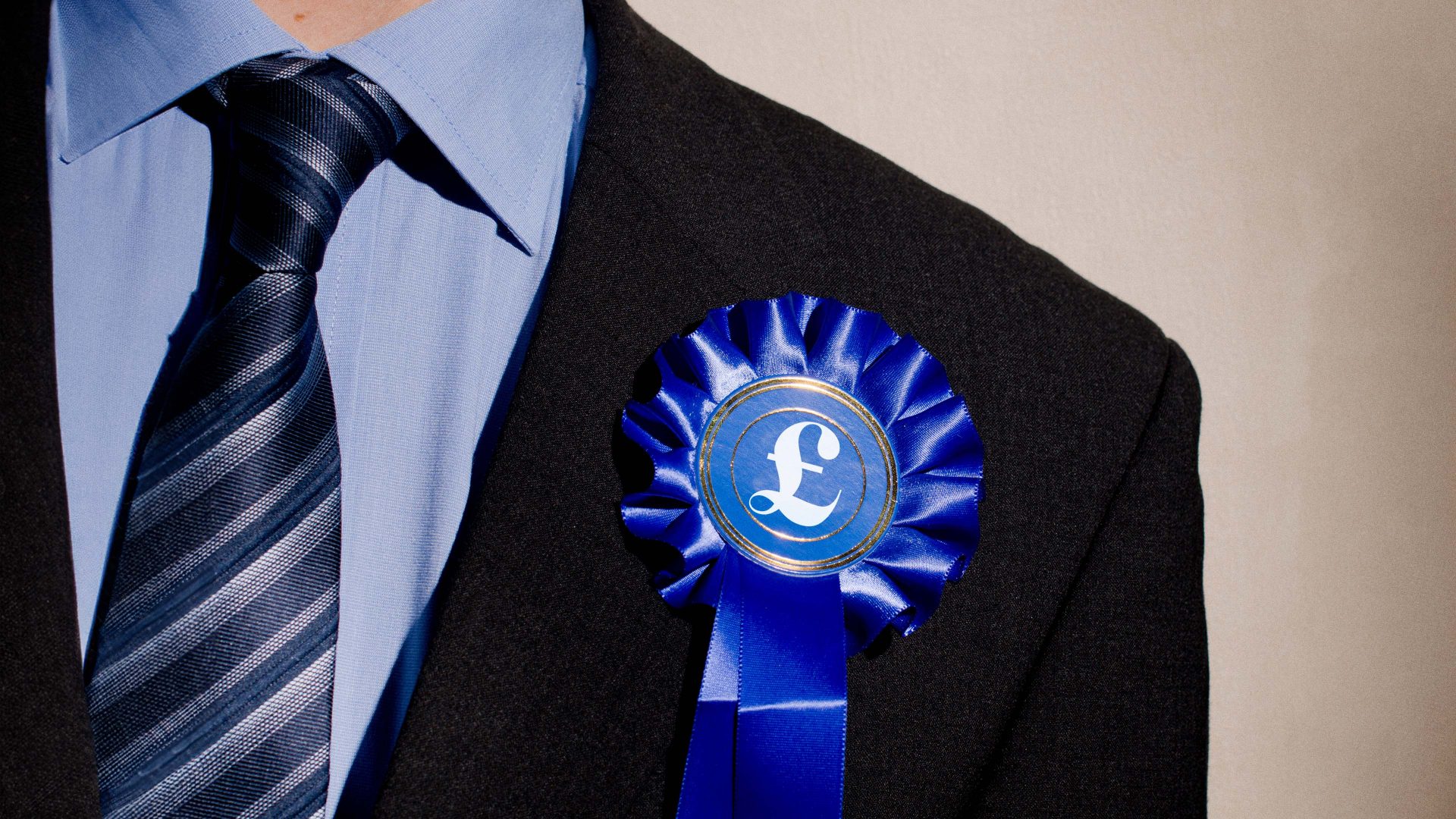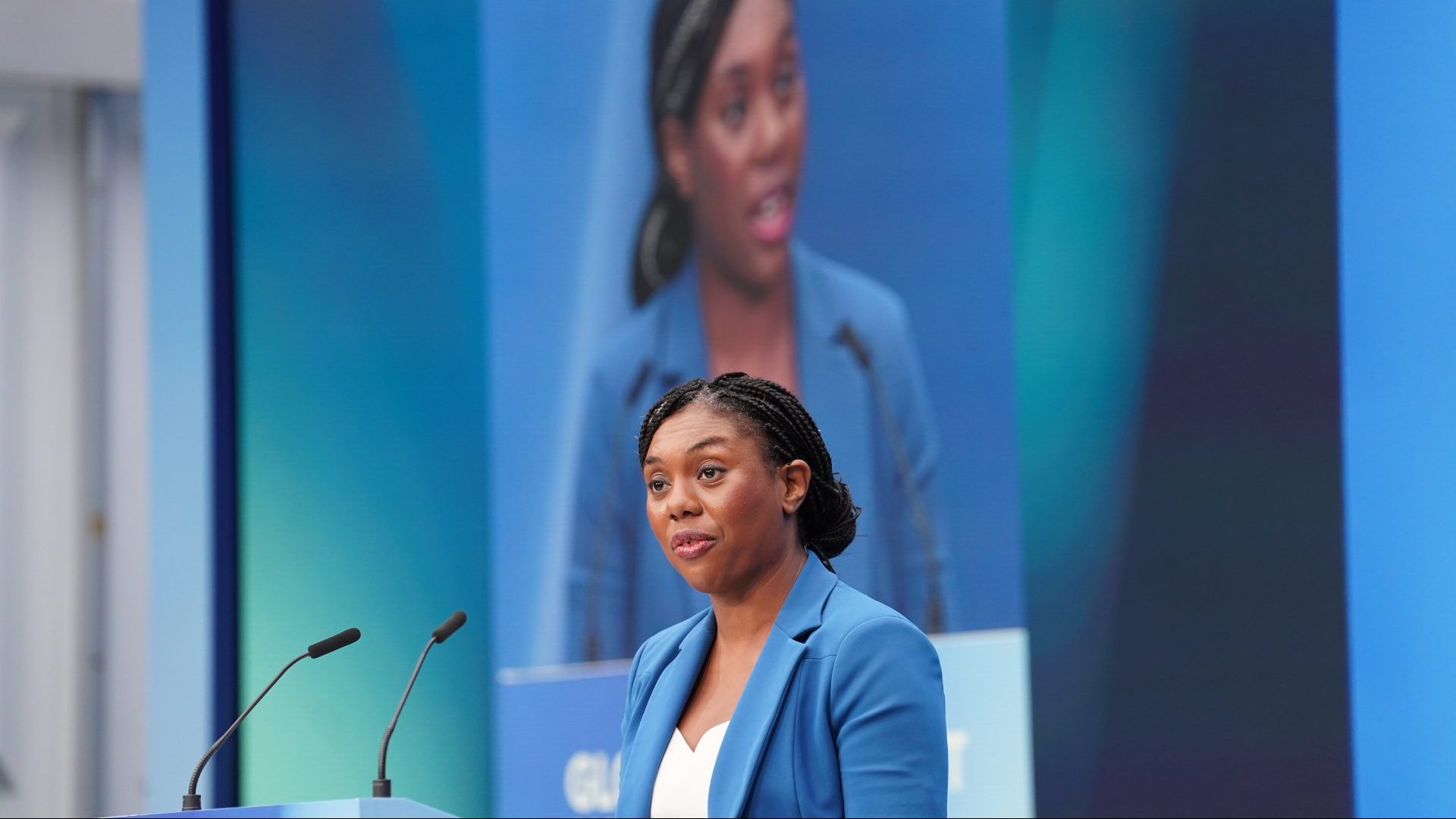The sight of Conservative MPs and ministers debasing themselves on the TV and radio is a fairly regular occurrence in 2024. But even by the extraordinarily low standards of this year, the farrago over racist remarks about Diane Abbott made by a major Conservative Party donor were unedifying.
Because Frank Hester has donated £10m to the Conservative Party and they can’t afford to hand it back, the party has had to put up ministers and MPs to try to defend the indefensible. They can only cut him so far adrift without causing themselves an acute financial crisis, and so they are all but forced to belittle racism.
At first, the comments were “wrong” but not racist – stop me if you’ve heard that one before – and then we went through a phase in which he had apologised, and so we should all move on, with no one bothering to ask the woman most affected by his comments what she thought of the situation.
Eventually, the comments were admitted to be racist, but because Hester apologised for them, that was all OK now, even though his apology denied the remarks being either racist or sexist.
The government was forced to humiliate itself for days, which had the effect of undercutting the seriousness of racism as a problem – and as a wrong – in modern Britain, and all for £10m. Yes, it’s a lot of money for you or me, but the UK is (still) one of the biggest economies in the world. The government spends just over £10m every five minutes – the idea that the governing party should sell out its moral principles over that amount is absurd.
So why don’t we just stop the donations? While nothing will stop this incarnation of the Conservative Party demeaning and embarrassing itself, there is surprisingly little private money in UK politics, which contrasts sharply with the endless outrages and petty corruption that such donors entail.
Our donations system all but requires politicians to compromise themselves, socialising with people whose companies have huge government contracts, or ties with dictators, or who seek some other personal advancement. We force our politicians to suck up to these… colourful… characters who are looking to buy political connections, and then we condemn them for it.
Many problems in modern Britain are hard to stop. This one isn’t. We could, at a tiny public cost, take donations out of British politics. We could even make a new system that sustained big parties while helping new ones to break in. Here’s how.
The cost of doing business
The first thing to realise about taking the big donors out of politics is to realise how little they actually put in. Unlike the US, where fighting a general election means taking in multiple billions from private donors, we sell ourselves cheaply. Almost all of the routine costs of our parliament are already paid by the taxpayer.
It is surprisingly difficult to piece together the cost of our democracy every year, even if we restrict it just to running the House of Commons and the House of Lords – ignoring the devolved administrations and local governments.
Given that ministerial costs are about running the country (whereas parliament exists to pass laws and hold the government accountable), those costs are being excluded too.
That leaves a few headline figures. The most obvious is the cost of MPs’ salaries, several of which are topped up with extra pay for chairing select committees. That comes to just over £56m a year. This is dwarfed somewhat by the cost of MPs’ constituency offices and their staff in Westminster, which totals around £135m.
The remaining cost from MPs in the Commons is the infamous accommodation, travel and expenses bill, which comes to £16.6m, or a little under a third of the salary bill. Members of the House of Lords do not receive a salary, but get around £30m a year between them.
There is then a top-up – called Short Money in the Commons and Cranborne Money in the Lords – to help opposition parties hire staff to perform their role opposing the government more effectively. This totals about £12m.
These direct parliamentary costs come to just over £250m a year, all of which comes from the taxpayer. There is then the cost of staffing and maintaining the Commons and the Lords themselves – from running the bars and restaurants, to doing the tours, to keeping the lights on. This costs about £400m a year attributable to the Commons, and just under £200m to the Lords. Once again, this is public money.
We can’t forget that this is an election year, though – and it’s for this that the parties need to scrabble around for funds. The first step is to look at the general costs of parties. Running the head offices of UK political parties (excluding as much as possible of the previous categories to minimise double counting) costs about £80m in total in a normal, non-general election year.
On top of that comes the election spend. The limits of what can be spent during the campaign are a bit complicated, but for most parties they settle out at about £33m in total. Labour and the Tories will probably spend quite close to that limit, with other parties spending less according to their size.
That leaves this next election certain to be the most expensive in UK history, but it will still probably come in at less than £100m.
What all that means
Altogether, this means that running Westminster and funding a general election campaign comes in at just over £1bn a year – with about £430m of that being money going to MPs, their staff, and their parties. Of that money, most years only about £70m comes from political donations.
That means that we open up our politics to cronyism, leave politicians in hock to the racist remarks of their donors, and erode trust in our politics for the cost of running our party political system for 30 minutes. When framed that way, why would we not change the funding system to eliminate all but small-value donations from regular people?
One way to do this would be to give political parties a certain sum dependent on the number of seats they win in parliament – but this could be done with a formula that gives more money per seat to parties that have fewer seats, so that the government doesn’t automatically outspend everyone else.
A party with two seats, for example, might get £200k per seat, while a party with 400 could get less than £10,000. In exchange for accepting the public money, parties would lose the ability to raise more than, say, £50k from any individual in any year, and spending limits could be kept tight.
If you wanted to help the new, smaller parties to fundraise, there could be a higher donation limit until parties reached a certain threshold of public money, though the phenomenon of multi-millionaires launching parties on a whim might be worth curtailing.
The reality of politics at present is that we all act as if it relies on donations from the ultra-rich, but once you get into the accounts it turns out that we, as taxpayers, are already footing almost all of the bills.
If parliament costs £1bn a year to run and donors are only funding £70m of it, they’re getting far too good a return on investment. Funding politics ourselves isn’t bailing politicians out, it’s getting that value for ourselves.
Reclaiming politics from donors is the best value the taxpayer could ever get.




